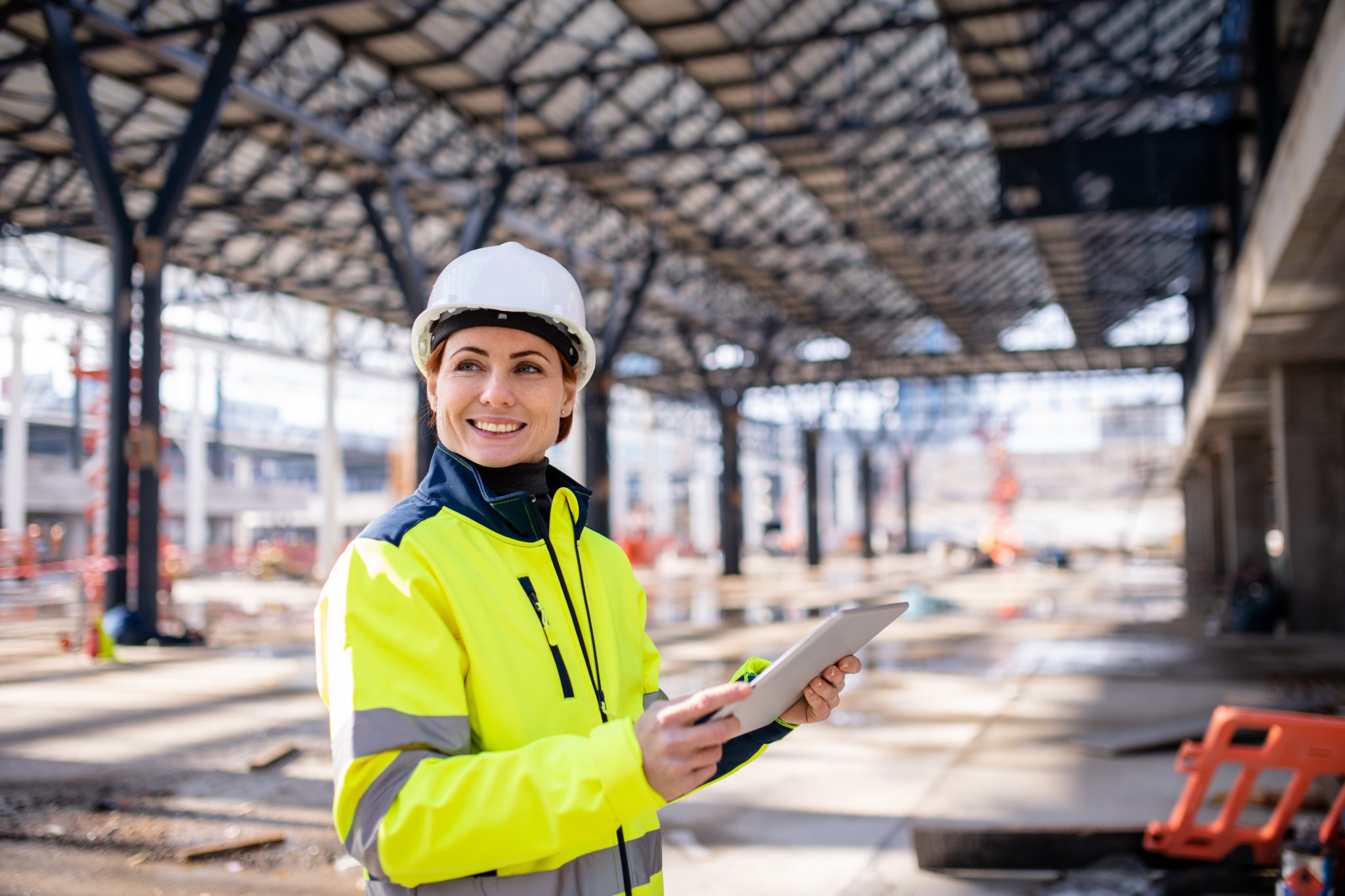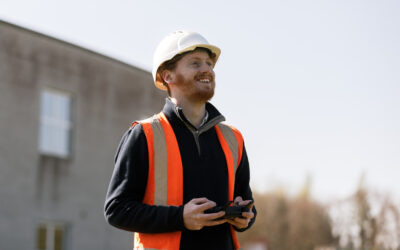How can the industry drive deeper digital adoption?
The Build Digital project is really central to driving digital adoption. I’m quite confident that we will see a new dimension to Build Digital that will really take a focus on clientside needs. To make an effort in determining what information a client requires to be captured for a project and by extension prioritising that.
Then we should take a look from a bottomup approach, to see how smaller contractors and micro-organisations can interact with data in order to add value to their workflow. I believe there is no point in needlessly adding further processing to a contractor’s workflow without adding significant value to their enterprise.
It needs to offer something for the value chain and make complete practical sense. In the simplest terms we aim to prove that digital adoption is best for your business. We know that driving digitalisation in the sector is crucial, if you are not using these digital tools next year you will be putting your business at serious disadvantage.
How do we to ensure policy supports will deliver the best outcomes?
Well in the first place the policy supports need to be available, and beyond that we need to see simplification of extremely administration-heavy process to remove barriers to actually getting the grants. When we talk about the Irish construction industry, we know that it’s dominated by smaller and independent contractors so any policy support that places an excessive administrative burden will fail to serve much of the sector.
How can a pipeline of construction talent across the sector be ensured?
I think the work Skillnet are doing in terms of developing out workshops and programmes and micro-credentials based on the MMC Report 3 is really beneficial. It’s helping to map out skills that we know are missing. What they’re doing really well is bringing companies in to the room to help develop programmes and then deliver them in a format that is much more accessible to the industry.
There are a huge number of other really notable initiatives. CIF is part of the Build Up Skills Initiative (BUSI). It’s looking at mapping out the digital skills that are available and trying to look at gaps to where support can be directed. Also, there’s Digital Academy for Sustainable Built Environment (DASBE).
Which is one of quite a number of different programmes that are focused on the green agenda and driving digitalisation across the sector. What is key is that they need to be actually accessible, fit for purpose and genuinely deliver value to a contractor’s work flow.

How can information management help reduce emissions across the whole life cycle of construction?
The first thing is ‘if you can’t see it, you can’t measure it’. Without data you can’t measure how efficient a process is or what the performance criteria are. The main thing is that if we have the proper data available across product and systems then we can understand and have baseline on what their carbon is, embodied and whole life carbon, and then we determine how the building performance actually impacts the environment and how the choices made during the project delivery phase can reduce emissions.
The Irish Green Building Council together with Construct Innovate are looking at research in this space. There are a number of pathfinder projects examining this and with their results we can make better informed decisions. Looking forward we can expect this year, perhaps as early as the summer, for a new Environmental Social Governance (ESG) Policy Committee to be set up within the CIF. I suggest for all our members to be on the lookout for more news on that.
How can new tech like VR and drones shape the industry and where is it present in Ireland?
New tech is definitely present in the industry now. As ever it is about what will deliver the most value to the sector. You have a lot of robotics, 3D scanning, and VR increasingly being used across the sector, in particular in a lot of design and project teams where remote access is essential. In many mission critical projects, you will see they are using VR technology to do a walk through of project designs.
You see a lot of the Foreign Direct Investment (FDI) projects, pharmaceuticals and data centres and so on really use that technology. How much of that advanced tech will translate into the broader construction industry is still to be seen, but purely through osmosis you might see contractors working on these projects will find a value, adding benefit to their own production process. Then you might see more of it in the wider market.
With each advancement in new technology that we are seeing today, the person becomes much more critical. It’s their intuition, the cognitive assessment and management of technology that means you move people up to a higher value position within a production process. Technology is about trying to give people far better, more rewarding and valuable careers.
Sean Downey is a keynote speaker at the CIF’s Digicon 2023, which takes place on June 15 at Croke Park, Dublin. See www.digitalconstruction.ie for more.








